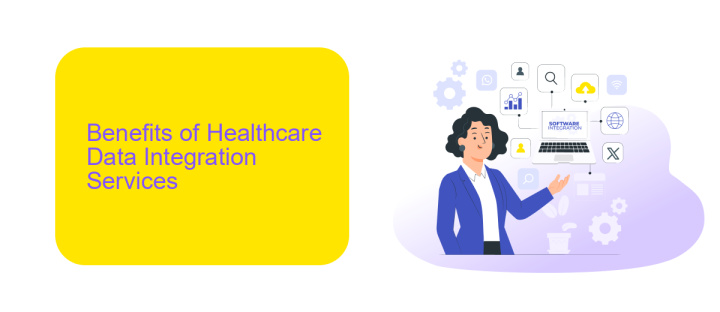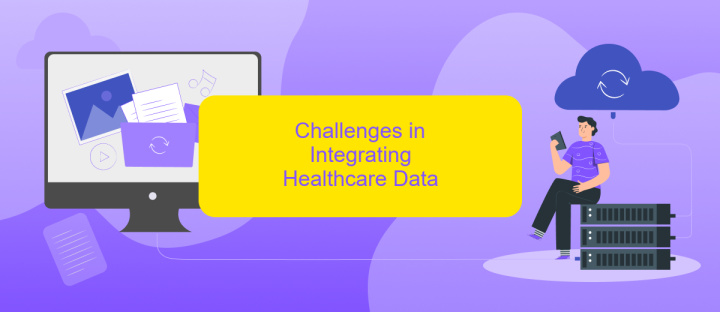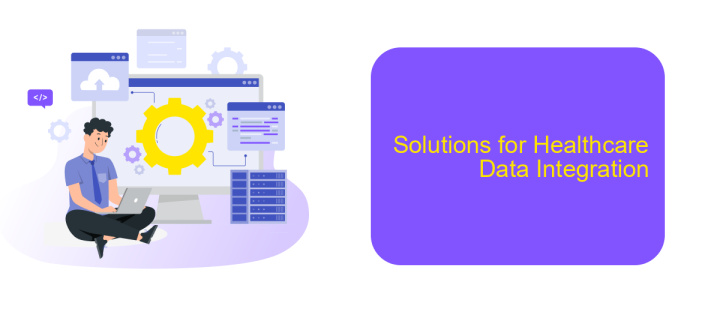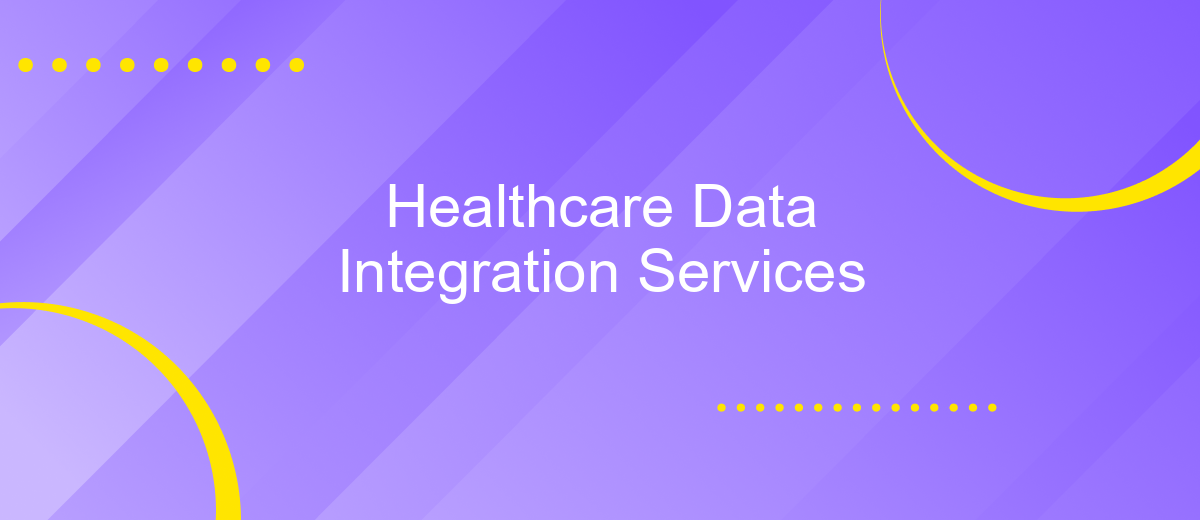Healthcare Data Integration Services
In today's rapidly evolving healthcare landscape, seamless data integration is crucial for enhancing patient care and operational efficiency. Healthcare Data Integration Services bridge the gap between disparate systems, enabling real-time access to comprehensive patient information. This article explores the benefits, challenges, and key considerations in implementing robust data integration solutions within healthcare organizations, ensuring improved outcomes and streamlined processes.
Introduction
In the rapidly evolving healthcare industry, the integration of data from various sources is crucial for enhancing patient care, improving operational efficiency, and ensuring compliance with regulations. Healthcare Data Integration Services facilitate the seamless flow of information across different systems, enabling healthcare providers to make informed decisions and deliver personalized care.
- Improved patient outcomes through comprehensive data analysis
- Enhanced operational efficiency by reducing manual data entry
- Compliance with healthcare regulations and standards
One such service that aids in the integration of healthcare data is ApiX-Drive. This platform allows for the easy setup of integrations between various healthcare applications, ensuring that data flows smoothly and accurately. By leveraging ApiX-Drive, healthcare organizations can streamline their processes, reduce errors, and ultimately provide better care to their patients.
Benefits of Healthcare Data Integration Services

Healthcare Data Integration Services offer significant benefits by seamlessly connecting disparate healthcare systems and ensuring that patient data is consistently up-to-date and accessible. This integration enhances the quality of patient care by providing healthcare professionals with a comprehensive view of patient history, treatments, and outcomes. It reduces the risk of errors, duplication of tests, and delays in treatment, ultimately leading to better patient outcomes and increased efficiency in healthcare delivery.
Moreover, services like ApiX-Drive simplify the integration process by offering user-friendly tools to connect various healthcare applications and databases without requiring extensive technical expertise. This allows healthcare organizations to quickly implement and manage integrations, ensuring that data flows smoothly between systems. By leveraging such services, healthcare providers can focus more on patient care rather than the complexities of data management, leading to improved operational efficiency and cost savings.
Challenges in Integrating Healthcare Data

Integrating healthcare data presents numerous challenges that can hinder the seamless exchange of information across systems. These challenges stem from various technical, regulatory, and organizational factors that need to be addressed to achieve effective data integration.
- Data Standardization: Different healthcare systems often use varied data formats and standards, making it difficult to achieve interoperability.
- Data Security and Privacy: Ensuring the protection of sensitive patient information while complying with regulations like HIPAA is a significant concern.
- System Compatibility: Healthcare organizations use a multitude of software solutions, which may not always be compatible with each other.
- Data Quality: Inconsistent or incomplete data can lead to inaccuracies and misinterpretations, affecting patient care.
- Cost and Resource Allocation: Implementing and maintaining data integration solutions can be resource-intensive and costly.
To overcome these challenges, services like ApiX-Drive can be instrumental. ApiX-Drive offers automated integration solutions that help standardize data formats and ensure compatibility across different systems. By leveraging such tools, healthcare providers can enhance data quality and security, ultimately improving patient outcomes and operational efficiency.
Solutions for Healthcare Data Integration

Effective healthcare data integration is crucial for ensuring seamless communication and data exchange between various healthcare systems. By integrating disparate data sources, healthcare providers can improve patient care, streamline operations, and enhance decision-making processes.
One of the primary challenges in healthcare data integration is the variety of data formats and standards used by different systems. Solutions must be capable of handling diverse data types, such as electronic health records (EHRs), lab results, and imaging data, while maintaining data integrity and security.
- Utilizing middleware platforms to bridge different systems
- Implementing APIs for real-time data exchange
- Employing data normalization techniques
- Ensuring compliance with healthcare regulations
ApiX-Drive offers robust solutions for healthcare data integration by providing a versatile platform that connects various healthcare applications and automates data workflows. With its user-friendly interface and extensive library of pre-built connectors, ApiX-Drive simplifies the integration process, allowing healthcare providers to focus on delivering quality care.


Conclusion
In conclusion, healthcare data integration services play a pivotal role in enhancing the efficiency and effectiveness of healthcare delivery. By seamlessly connecting disparate systems and ensuring the smooth flow of information, these services enable healthcare providers to make more informed decisions, improve patient outcomes, and streamline operations. The integration of data across various platforms not only reduces administrative burdens but also enhances the quality of care by providing a comprehensive view of patient histories and treatment plans.
One notable example of such a service is ApiX-Drive, which facilitates the integration of various healthcare applications and systems. By automating data transfer and synchronization, ApiX-Drive helps healthcare organizations to maintain accurate and up-to-date records without the need for manual intervention. This ensures that critical information is always accessible when needed, thereby supporting timely and effective patient care. As the healthcare industry continues to evolve, the importance of robust data integration services will only grow, making them an indispensable component of modern healthcare infrastructure.
FAQ
What is Healthcare Data Integration?
Why is Healthcare Data Integration important?
How can Healthcare Data Integration be automated?
What challenges are associated with Healthcare Data Integration?
How can ApiX-Drive help with Healthcare Data Integration?
Time is the most valuable resource for business today. Almost half of it is wasted on routine tasks. Your employees are constantly forced to perform monotonous tasks that are difficult to classify as important and specialized. You can leave everything as it is by hiring additional employees, or you can automate most of the business processes using the ApiX-Drive online connector to get rid of unnecessary time and money expenses once and for all. The choice is yours!

